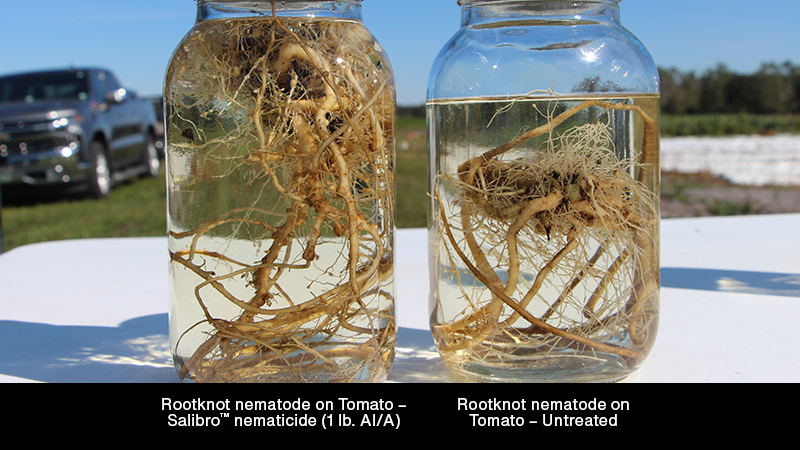Washington Farm Groups Sue State Over Emergency COVID-19 Regulations
Leading agriculture groups in Washington state announced they are taking legal action against the state over recently renewed emergency COVID-19 regulations they say are ill-conceived, increase health risks to essential farmworkers, and are pushing farmers out of business.
“After nearly a year of asking the state to work with the farm community to make needed adjustments to the COVID-19 emergency regulations, they were renewed once again largely wholesale,” John Stuhlmiller, Chief Executive Officer of Washington Farm Bureau said. “We’re disappointed we had to take this step, but our farms are on the line and we had no other choice.”
The groups issued a press release stating that, despite the willingness of farmers to embrace best practices, on Jan. 8 the Department of Health and Labor and Industries renewed emergency temporary farmworker rules for the third time, with minimal changes from when emergency rules were first adopted last spring. The farm groups’ appeals were also rejected by Governor Jay Inslee.
Farm leaders say many of the state’s emergency regulations for farmers are unworkable. Unlike their approach to agriculture, state officials have adjusted for other sectors, including schools and construction, that incorporate improved understanding of COVID-19 transmission and best practices.
One key point of contention in the suit is the state requirement for growers to provide twice-daily medical visits to isolated farm workers with COVID-19 symptoms. Health care professionals in rural and isolated communities, who are currently being called upon to administer vaccinations, are not able to provide this level of care. Moreover, the state doesn’t provide this standard of care for its own congregate housing facilities, the farm groups say, and no other industry has this requirement.
“We want farm workers to get the medical care they need. But doctors ― not the state ― should direct the appropriate level of care,” Stuhlmiller said. “This is what we told the state.”
The groups say other infeasible or misguided regulations called out in the suit include:
- Requiring 20-minute access to emergency services and one-hour access to an emergency room with a ventilator is largely impossible in many rural and geographically isolated areas.
- Restricting occupancy of farmworker housing even after workers have been vaccinated is not based on any scientific foundation and is economically ruinous for farmers by limiting their workforce to 50%.
- Allowing undefined non-essential “community workers” access to farms risks spreading COVID-19 in areas that are largely isolated and counter to established medical guidance. Last year elected officials, labor organizers, and others visited farms, risking farm worker safety.
- Continually rolling over the same emergency regulations for the past year has essentially created permanent rules without following due process for farmers outlined in state statutes.
Growers face steep financial penalties for not meeting these COVID-19 regulations. In the coming season, 25,000 guestworkers arrive due to a chronic labor shortage and then return to their home countries as part of the annual H-2A guestworker program. Farmers pay prevailing wages and provide licensed and inspected housing, transportation, and personal protective equipment for these vital workers.
Many growers have agreed to test workers upon arrival to congregate housing facilities and are calling on the state to support their efforts to keep them quarantined on farms until they are vaccinated to limit possible COVID-19 community spread.
“Farmers cannot stay in business if they can only employ and house half their workforce even after they are vaccinated,” said Dan Fazio, Executive Director of wafla, which was formerly known as the Washington Farm Labor Association. “We’ve watched as the state has worked with other industries to make reasonable adjustments and it’s unfortunate that farmers have to ask a judge to be treated the same.”









